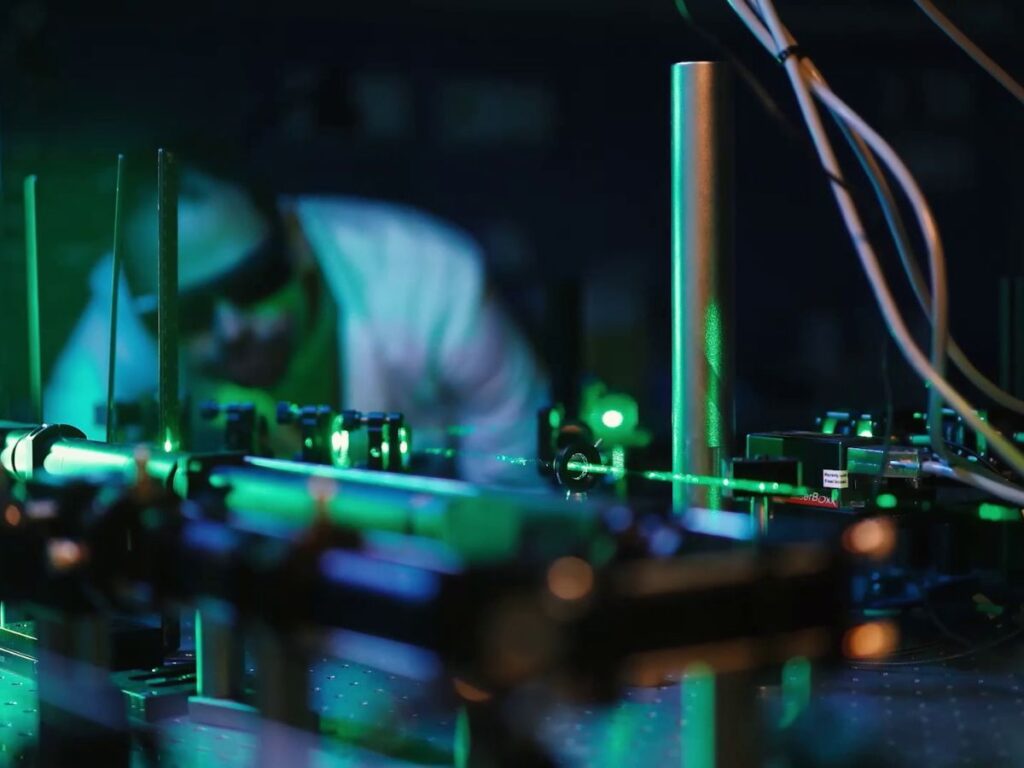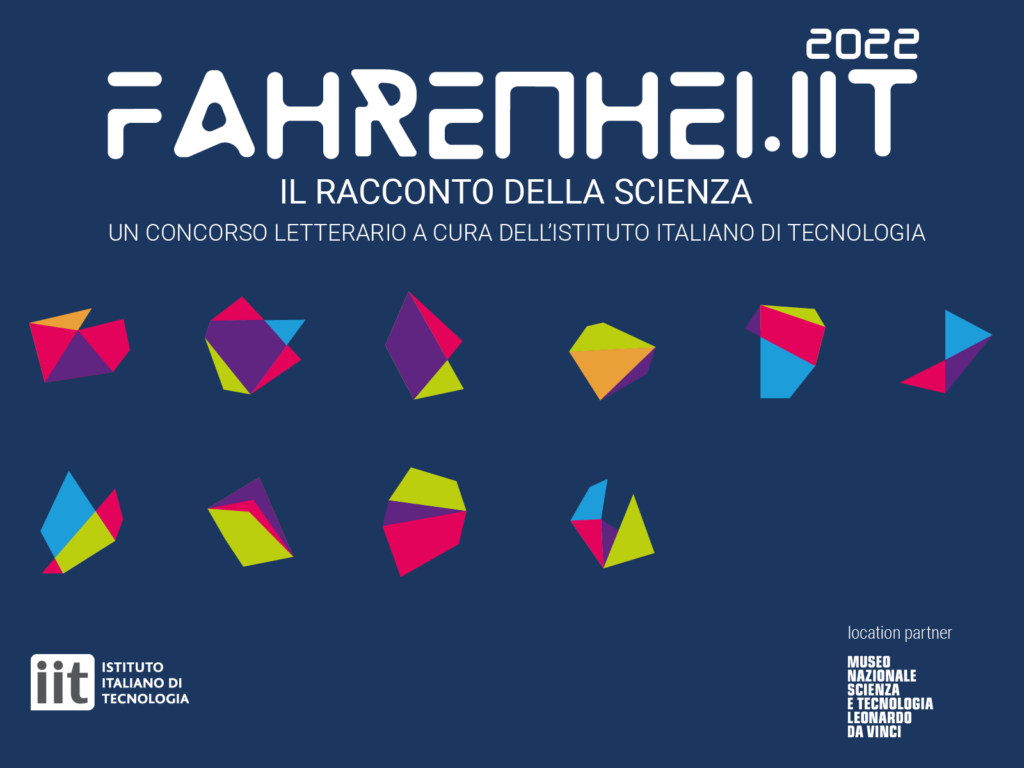The ERC has recently awarded a Proof of Concept grant to Antonio Ambrosio, the Italian researcher relocated in 2019 from the USA to the IIT in Milan
A new European Research Council (ERC) grant for the researcher Antonio Ambrosio of the Istituto Italiano di Tecnologia (IIT) in Milan. The new investment will support the scientist in the development of smart optical lenses to be applied to produce less invasive, as well as more analytical and precise, surveillance cameras that could protect citizens’ privacy.
Ambrosio is one of 66 winners of Proof of Concept (PoC) grant announced last Friday by the ERC, the European funding body for research excellence, with a total investment of €10 million in EU member states. The access to this funding is only possible for researchers who have already projects funded by the ERC and who, based on the obtained results, want to explore the development of technologies that could be transferred into real products, initiatives and applications. There are 6 winners in Italy, 4 men and 2 women. Each grant is worth € 150,000.
Antonio Ambrosio is coordinator of the Vectorial Nano-imaging group at the IIT in Milan, where he has been working since 2019, when he relocated to Italy after a long period spent at Harvard University in the USA thanks to the first grant from the European Research Council for his METAmorphoses project, in the field of nano-optics. Ambrosio’s studies focus on the interaction between light and nanomaterials, and on the possibility of acting on each other in a controlled manner to produce new optical devices. Ambrosio’s research is also supported by the Cariplo Foundation and the European Space Agency.
For this latest ERC-funded project, named MetaCam, Ambrosio considered the fact that the use of surveillance cameras has become increasingly widespread; estimations count more than one billion cameras worldwide in 2021. These devices, however, consist of components that analyze and act on captured images only thanks to specific software. In the case of sensitive data, for example, video surveillance scenes are usually processed after their acquisition, posing a problem in terms of privacy of that data, as well as of software reliability.
Ambrosio will develop an intelligent optical lens, which will capture only the visual information that is needed, by excluding the information that is sensitive or must be erased without any further post-processing. The lens will automatically select the details within the scenes while the camera records them. The selective capability of the MetaCam lens is due to its nanoscale design, which will be realized in a way that the lens excludes certain parameters, such as specific wavelengths, of the light beam incident on it, before transmitting it to the camera.
The ultimate goal is to obtain an intelligent camera prototype ready to use in real environments and to be proposed to companies and commercial experts in the field of surveillance.





